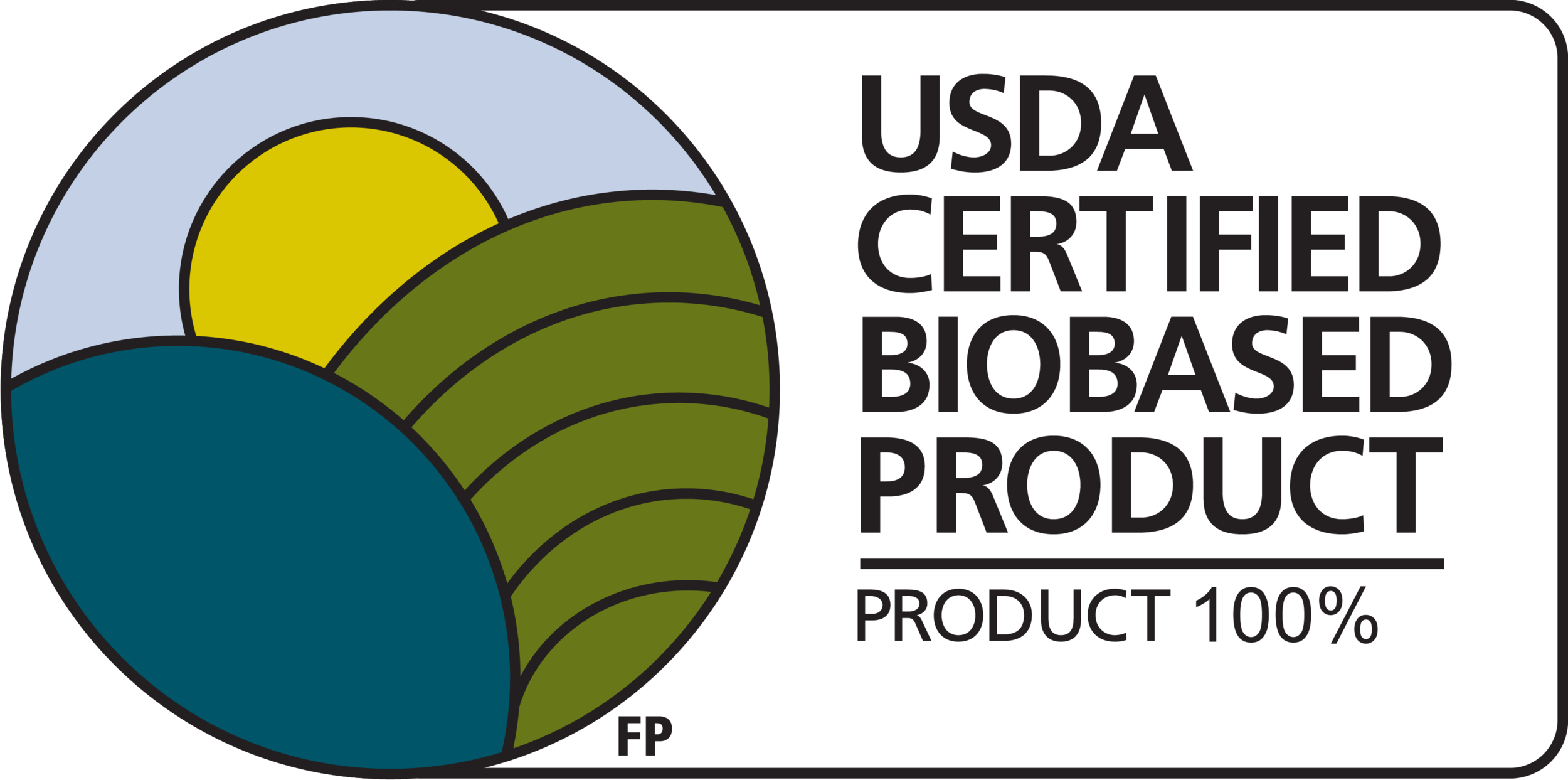USDA Certified 100% Biobased
ASTM D6866-18 Method B measures the amount of Carbon-14 in a product, a naturally occurring isotope, and compares it to known standards. As Carbon-14 is continually incorporated into living organisms, a lack of Carbon-14 (in carbon based products) is indicative of petroleum as a base material. Through this test method we demonstrated that our Ecovia Biopolymer products, AzuraGel and AzuraBase, meet the USDA BioPreferred Program’s Certified Biobased 100% label standards.
OECD 301B ‘Ready Biodegradable’
The OECD 301B biodegradability test protocol monitors the degree of activity of microorganisms exposed to a material in a wastewater-derived inoculum. If microorganisms recognize the material as a food source, then we can measure the increase in biological activity by assessing the degree of conversion of organic carbon to inorganic carbon. Ecovia superabsorbent AzuraGel demonstrated 92.7% biodegradation in 28 days.
OECD 301B Biodegradation Study
Aqueous Aerobic Biodegradation Test
The aqueous aerobic biodegradability test protocol monitors the degree of O2 and CO2 evolution from material introduced to a fresh water environment. The test simulates an end of life scenario where material finds itself in fresh water sources such as our lakes or rivers. Ecovia superabsorbent AzuraGel demonstrated 90.2% (+/- 2.6%) biodegradation in 56 days as compared to a market leading Polyacrylic Acid SAP 4.5% (+/- 6%).


